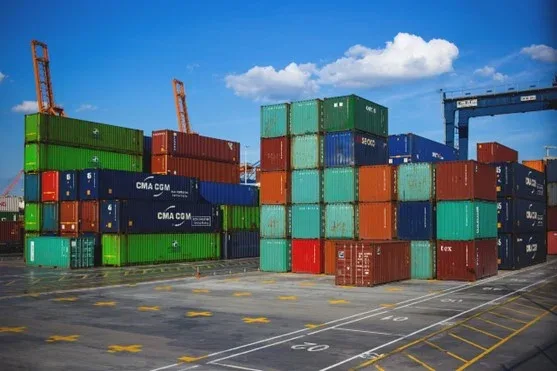Through ports, airports, and customs checkpoints, freight forwarders keep global trade moving. More than transport arrangers, they act as strategic partners—balancing cost and speed, managing compliance and documentation, and reducing risks. In many ways, they are the backbone of international logistics, ensuring supply chains remain reliable and efficient.
In this article, we’ll explore their responsibilities, benefits, and how they differ from Importers of Record (IOR).
What is Freight Forwarding?
Freight forwarding refers to the coordination and shipment of goods via air, sea, road, or rail transport. Freight forwarders act as intermediaries—organizing the process on behalf of shippers, even though they don’t physically move the cargo.
Their role includes:
-
Choosing efficient transport routes.
-
Coordinating with carriers.
-
Ensuring compliance with trade and customs regulations.
According to the International Federation of Freight Forwarders Associations (FIATA), freight forwarding is all about the facilitation of international trade, making them indispensable to supply chains worldwide.
Freight Forwarder Roles and Responsibilities in the Logistics Industry
A professional freight forwarder handles much more than transport booking. Their responsibilities include:
Transportation & Route Planning
Organizing transport from origin to destination using air, sea, rail, and road. They evaluate routes for both cost-efficiency and timeliness.
Documentation & Customs Compliance
Handling all shipping documents—such as Bills of Lading, insurance, and export/import permits. They also manage customs clearance, ensuring shipments comply with local laws and international rules.
Risk & Logistics Management
Forwarders provide cargo insurance, consolidate shipments into Full Container Loads (FCL), and mitigate risks of fines or delays by adhering to global compliance frameworks like ICC Incoterms.
Strategic Planning & Efficiency
By overseeing the full shipping process, they streamline logistics and give businesses peace of mind in navigating the complexities of global trade.
Benefits of Using a Freight Forwarder
Partnering with a freight forwarder provides businesses with both strategic and operational advantages:
- Shipment Consolidation Efficiency – Combine small shipments into Full Container Loads (FCL) or optimized air freight to reduce per-unit costs.
- Customs Pre-Clearance – Submit documentation ahead of time to avoid port delays and demurrage fees.
- Multi-Modal Optimization – Mix sea, air, road, and rail transport for cost-effective and time-sensitive routing.
- Last-Mile Delivery Coordination – Ensure goods reach warehouses, data centers, or customer sites with door-to-door precision.
- Cargo Space Guarantee – Secure capacity during peak seasons or shortages through carrier partnerships.
- Exception & Delay Management – Proactively reroute shipments in case of strikes, congestion, or disruptions.
- Packaging & Labeling Compliance – Meet international packaging standards for batteries, chemicals, and fragile items.
- Insurance & Claims Handling – Simplify insurance coverage and claims support for added protection.
- Inventory Flow Control – Sync shipments with production schedules or demand using just-in-time deliveries.
Services Offered by Freight Forwarders
Freight forwarders typically provide a wide range of services, including:
-
Transportation Coordination: Arranging shipments by air, sea, rail, or road.
-
Warehousing & Storage: Secure facilities before departure or after arrival.
-
Customs Brokerage: Preparing documents and representing clients during inspections.
-
Cargo Insurance: Protecting against damage or loss in transit.
-
Shipment Consolidation: Combining smaller shipments into larger loads for efficiency.
Streamline Your Global Trade with IOR Africa
Freight forwarders are vital in moving cargo—but in many African and Middle Eastern markets, import approvals and regulatory clearances require an Importer of Record (IOR).
That’s where IOR Africa bridges the gap. We combine freight forwarding expertise with compliance-driven IOR and EOR services, ensuring your goods clear customs and reach their destination without delays.

